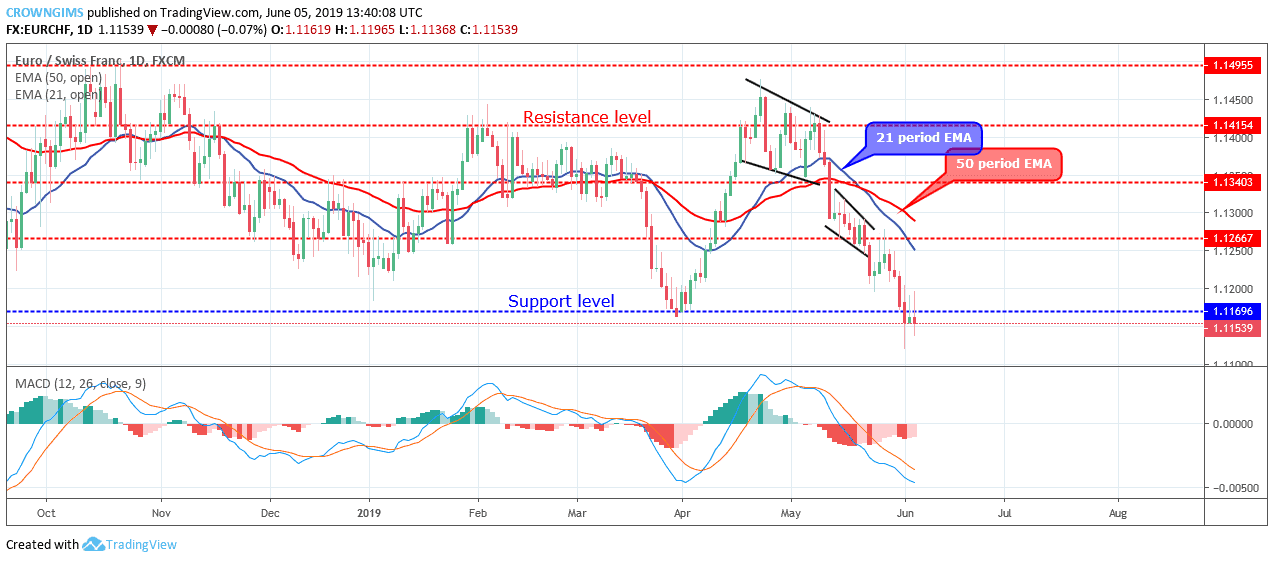Join Our Telegram channel to stay up to date on breaking news coverage
Malaysia is one of the vibrant economies in South-East Asia. The country, which is bordered by Brunei and Vietnam is a major tourist destination for several reasons, but where crypto trading is concerned, investors have treaded with caution. For a country with a rising profile in the crypto sector, Malaysian authorities have been slow to react to the burgeoning blockchain technology. Earlier this year, it was reported that the Malaysian government was undecided on the path it should take regarding crypto. The crypto sector has been in limbo for years now thanks to this indecisiveness. The country’s federal territories minister Khalid Abdul Samad alluded to the indecision of the country’s regulators.
“At the moment, the answer is neither legal nor illegal as the situation is still unclear.”
This doesn’t mean the country hasn’t shown interest in regulating the sector. Last year, the country’s financial watchdog and the central bank issued a statement informing the world that they were working on a regulatory framework for cryptocurrencies and initial coin offerings (ICOs.) The new laws came into effect in January 2019 with stringent requirements. As reported by Reuters, the new law classified cryptocurrencies and other crypto-assets as securities, placing their regulation directly under the Securities Commission’s (SC) purview.
The law, which was dubbed the Capital Markets and Services (Prescription of Securities) (Digital Currency and Digital Token) Order 2019, proposes a 10-year jail sentence and a 10 million ringgit fine (about $2.4 million) for anyone who operates an unauthorized ICO or crypto exchange in Malaysia. This law was followed by a revised Guidelines on Recognized Markets, some weeks after.
As per the regulation, cryptocurrency exchanges have to register with the SC to obtain preliminary approval. Once this is obtained, they have a nine months grace period to fully comply with SC’s regulatory standards before receiving the full license. These strict laws have dented the growth of the crypto sector in Malaysia compared with their Asian neighbors who have embraced cryptocurrencies with open arms. Since it launched, the SC had imposed a deadline for exchanges to seek regulatory approval before they could operate in the country. Digital asset platforms that are not approved, were advised to cease operations and return crypto assets in their possession to the investors.i
Just yesterday, the country registered three digital asset operators to establish and run crypto exchanges in Malaysia. The progress is slow, but the Malaysian regulators believe they are on the right path to governing their crypto space, even if it means lagging behind its Asian neighbors.
As per the press release, the three exchanges that have been confirmed for a preliminary approval are Luno Malaysia, Sinegy Technologies and Tokenize Technology. In the report, the agency calls the exchanges “Recognized Market Operators” (RMOs), saying it has “given the new RMOs up to nine months to fully comply with all regulatory requirements.”
Join Our Telegram channel to stay up to date on breaking news coverage


